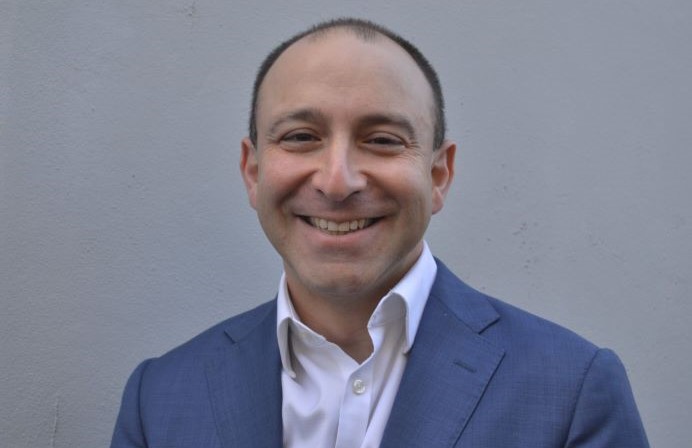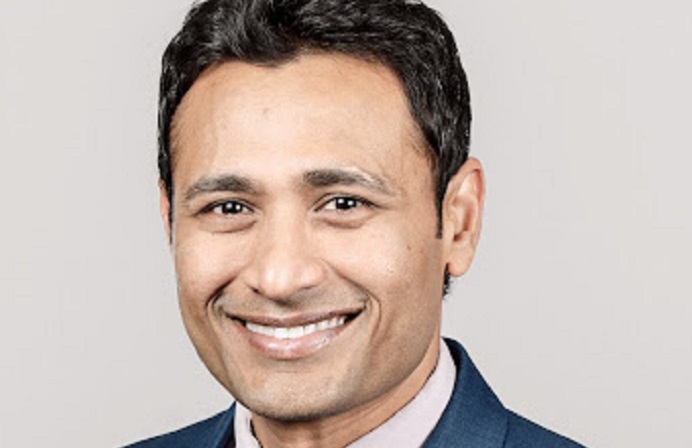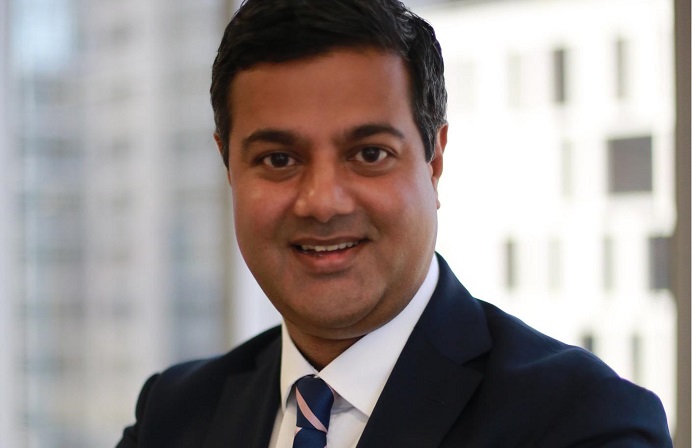
Sainsbury: What are your priorities for the next 12 to 18 months?
Ritchie: American Express continues to develop new products and services to enhance our value proposition to our customers. In particular, we are investing in the digital arena including expanding our capabilities in mobile, social media and location based services. We are also continuing to invest in platform and infrastructure modernisation and rationalisation. Meeting evolving regulatory requirements is also a major priority for us in each of the countries in which we operate.
Sainsbury: New technology innovations are constantly emerging in the payments space. What is American Express’ approach to finding the right innovations to invest in?
Ritchie: As it is often difficult to predict the success of innovations when they first emerge, we are taking a portfolio approach. This involves scanning and tracking new innovations and leveraging the ones that seem most relevant through a number of different approaches such as acquisitions, partnerships and joint ventures. We have also opened an office in Silicon Valley to facilitate access to these types of opportunities.
Sainsbury: What are some of the most exciting payments technologies you are seeing in Asia Pacific?
Ritchie: Mobile phones and tablets, social networking, location based services, big data and cloud computing are all critical capabilities that are being taken advantage of in the Asia Pacific region. Although each of these capabilities individually provides a platform for innovation, a combination of some or all of these technologies will provide the most exciting new payments solutions. Although many new services are technically possible now, the success of any new offering will be dependent on the evolution of new business models and mass adoption by customers.
Sainsbury: What benefits has your Serve mobile payments platform brought to customers, and how do you see it rolling out throughout Asia Pacific?
Ritchie: Although I cannot comment on any specific plans for the Asia Pacific region, peer-to-peer (P2P) payments are likely to be a growth area in the future and the Serve mobile payments platform has given us a strong capability in P2P payments. The acquisition of the Serve platform is a good demonstration of how we are investing in emerging payment technologies.
Sainsbury: What benefits have your investment in non-payments apps like Mobileextend brought back to the company?
Ritchie: The key benefit we derive from the investments we make in technology and mobile, such as MOBILEXTEND, is being able to offer the most convenient service for our clients. For example, over the past few years there has been a significant shift in corporate traveller preferences toward automated, online and mobile tools, and MOBILEXTEND offers travellers easy, single-source mobile access to all travel information.
Sainsbury: What is your take on the expected consolidation in the mobile payments space?
Ritchie: The business ecosystem for mobile payments is a lot more complex than that for traditional payments. The ecosystem includes mobile handset operating system, hardware and wallet providers, network operators, a trusted service manager and consumer and merchant financial account providers. Currently, the business models and standards for this ecosystem vary across countries and are still evolving. I have no doubt mobile payments will reach critical mass in the future and this will be accompanied by the adoption of a more common set of standards and rationalisation within the mobile payments area.
Sainsbury: How do you encourage a culture of innovation in your team?
Ritchie: I see facilitating innovation in my team as a critical part of my role as a leader. As well as promoting a culture of innovation and using incentives and competitions to support this, it has been important to equip our team members with the skills required to support innovation. For example, we have leveraged Edward De Bono’s ‘Six Thinking Hats’ which is a wonderful tool for idea generation and group problem solving. We have also arranged for external speakers to talk to our team members on relevant topics and have held innovation events to allow dedicated time to explore and develop innovative ideas.
Sainsbury: How do you manage the stresses involved in your role?
Ritchie: With a regional role in a global company, my work day extends well outside normal hours. I make a conscious effort to take time out for regular breaks. I feel it is important to try and separate work and personal time into discrete blocks of time and try and avoid multi-tasking. Aside from the stress management benefits, there is another good reason not to multi-task. Although the human brain is designed to multi-task for certain activities, this does not work well for complex analytical thinking. Daniel Kahneman provides some compelling evidence for this in his book, Thinking Fast and Slow.
Sainsbury: Every leader, particularly at your level, has a legacy they wish to be remembered for. What is yours?
Ritchie: I have been privileged in my career to have contributed to some major innovations such as BPay and BPay View in Australia, but what I am most proud of as a leader is the teams I have built and the people I have developed. Looking back on my career so far, my greatest satisfaction has been gained from developing the people with whom I have had the opportunity to work and watching them go on to bigger and better things.





